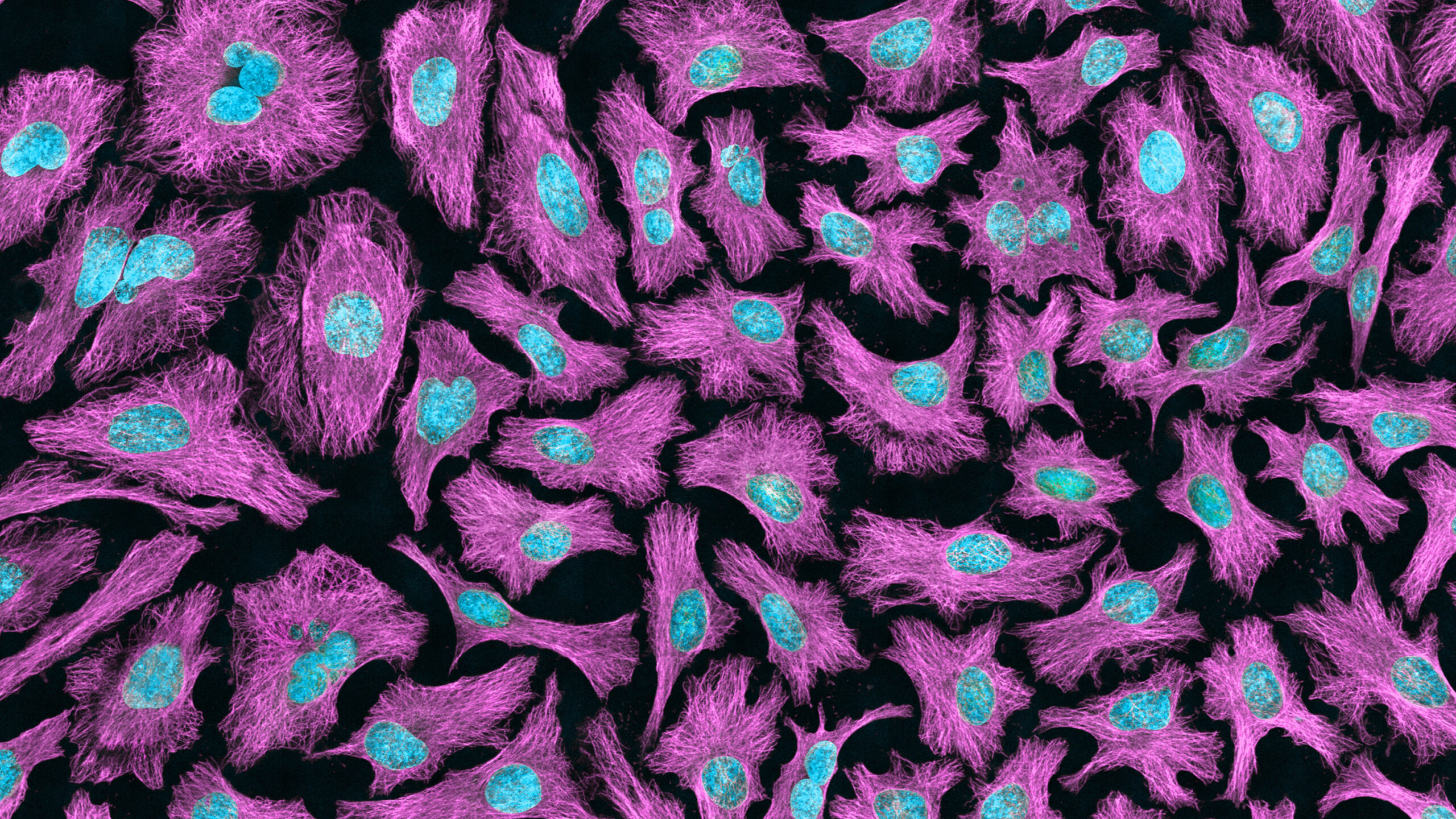
Understanding Women’s Mental Health
Women’s mental health is a critical area of focus within psychiatry and psychopharmacology. It requires a comprehensive understanding of the genetic, biological, psychological, and cultural factors that influence women’s mental well-being.
Prevalent Women’s Mental Health Conditions
According to the Diagnostic and Statistical Manual of Mental Disorders, 5th Edition, Text Revision (DSM-5-TR), certain mental health conditions are more prevalent among women, who exhibit marked differences in symptom presentation compared to men.
Prevalent mental health conditions in women include Major Depressive Disorder (MDD). Women have a lifetime prevalence almost double that of men. Hormonal fluctuations play a significant role in the onset and course of depression in women. Symptoms in women often include sadness, worthlessness, and guilt, as well as increases in somatic complaints like fatigue, pain, and changes in sleep patterns.
In addition, Anxiety Disorders are more commonly diagnosed in women. These Anxiety Disorders include Generalized Anxiety Disorder (GAD), Panic Disorder, and specific phobias. Women with Anxiety Disorders often report greater intensity and frequency of symptoms, which can be exacerbated by stress related to caregiving roles and societal pressures.
Post-Traumatic Stress Disorder (PTSD) is more prevalent in women, largely due to a higher incidence of trauma exposure including sexual assault and intimate partner violence. Women with PTSD are more likely to develop co-morbid conditions such as depression and substance use disorders.
Eating Disorders such as Anorexia Nervosa, Bulimia Nervosa, and Binge-Eating Disorder are significantly more common in women. Societal emphasis on body image and thinness, coupled with psychosocial factors like low self-esteem and perfectionism, contributes to the higher rates of these disorders in women.
Bipolar Disorder has an overall prevalence equal between women and men. However, women are more likely to experience rapid cycling (more than three mood shifts within a year) and mixed episodes, and their depressive symptoms tend to be more severe. Hormonal changes in pregnancy and menopause can also influence the course of Bipolar Disorder in women.
Women’s Mental Health and Reproduction
Women’s mental health often intertwines with a woman’s reproductive cycle and menopause. Throughout the reproductive cycle, during menstruation, pregnancy, postpartum, perimenopause, and menopause, hormones play a pivotal role in a woman’s well-being.
Conditions like Premenstrual Dysphoric Disorder (PMDD) exemplify how menstrual cycles can produce severe mood disturbances. Pregnancy and the postpartum period are times of severe and significant hormonal shifts for a woman, often leading to disorders such as postpartum depression, anxiety, and psychosis.
Perimenopause and menopause mark the end of the reproductive years for women and introduce a new set of challenges. The decline in the hormone estrogen during this phase of a woman’s life can trigger depression, anxiety, panic attacks, sleep disturbances, and irritability.
What Is Essential to Promote Optimal Mental Health for a Woman?
Understanding the complex interplay among the physiological, endocrinological, gynecological, and cultural roles and expectations is essential to promote optimal mental health and overall well-being for a woman during each phase of her reproductive life.
Finding a psychiatrist-psychopharmacologist experienced in treating girls and women at each stage is critical to obtain the best results and make them feel heard and acknowledged.
